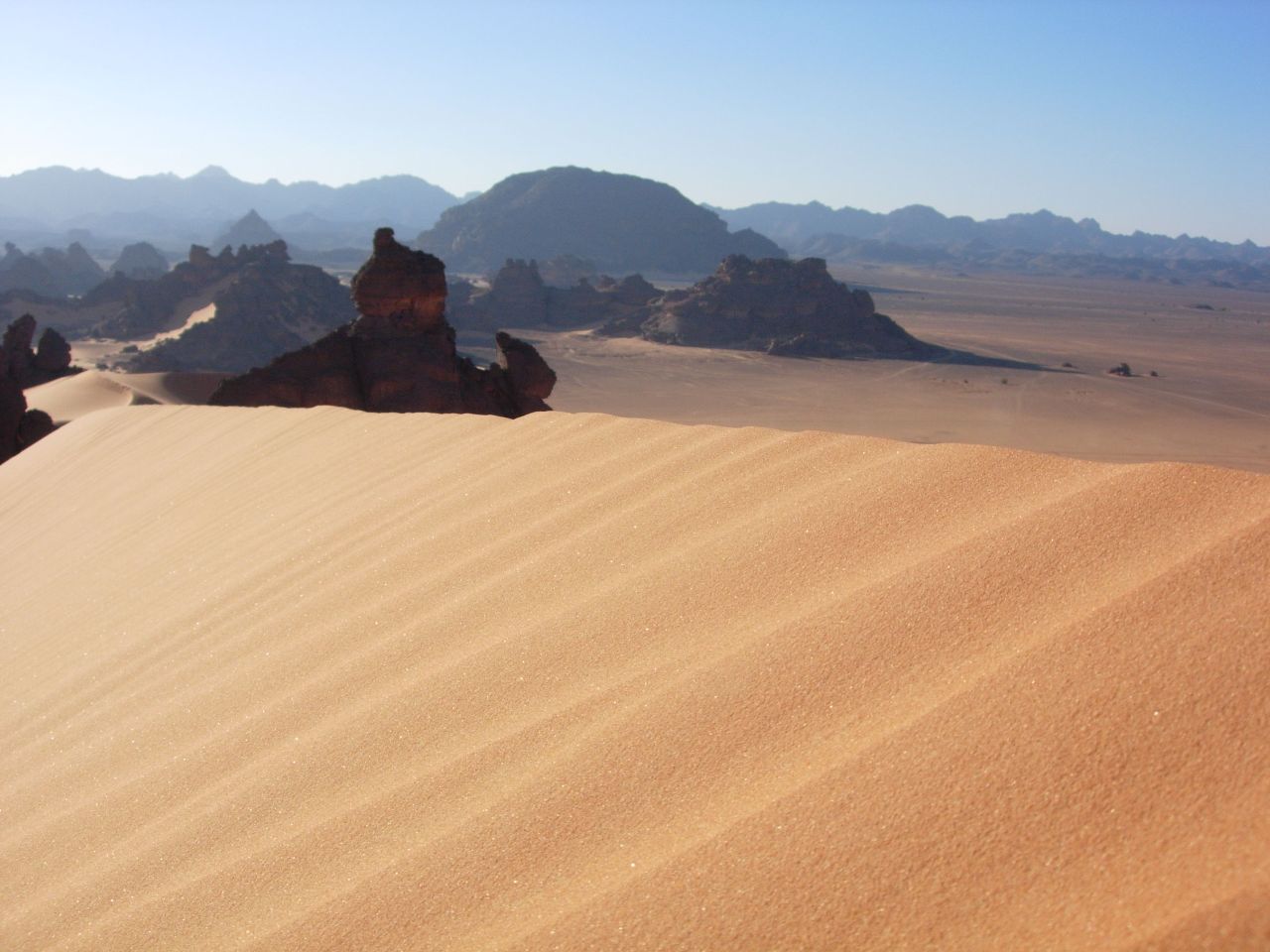Kababish on:
[Wikipedia]
[Google]
[Amazon]
 The Kababish () are a
The Kababish () are a
 The main religion of the Kababish is
The main religion of the Kababish is
 From a young age children start to work at herding camels for water and feeding. What makes the Kababish stand out from other nomads is that the tribe does not all move together, often the women will stay at their camps or ''dikkas'' while the men move north towards the
From a young age children start to work at herding camels for water and feeding. What makes the Kababish stand out from other nomads is that the tribe does not all move together, often the women will stay at their camps or ''dikkas'' while the men move north towards the
 The Kababish () are a
The Kababish () are a nomad
A nomad is a member of a community without fixed habitation who regularly moves to and from the same areas. Such groups include hunter-gatherers, pastoral nomads (owning livestock), tinkers and trader nomads. In the twentieth century, the popu ...
ic tribe
The term tribe is used in many different contexts to refer to a category of human social group. The predominant worldwide usage of the term in English language, English is in the discipline of anthropology. This definition is contested, in p ...
of the northern Kordofan
Kordofan ( ar, كردفان ') is a former province of central Sudan. In 1994 it was divided into three new federal states: North Kordofan, South Kordofan and West Kordofan. In August 2005, West Kordofan State was abolished and its territory di ...
region of Sudan
Sudan ( or ; ar, السودان, as-Sūdān, officially the Republic of the Sudan ( ar, جمهورية السودان, link=no, Jumhūriyyat as-Sūdān), is a country in Northeast Africa. It shares borders with the Central African Republic t ...
. The Kababish comprise about 19 different groups, which are all led by a single ''nazir'' or chief. Their main occupation is as camel
A camel (from: la, camelus and grc-gre, κάμηλος (''kamēlos'') from Hebrew or Phoenician: גָמָל ''gāmāl''.) is an even-toed ungulate in the genus ''Camelus'' that bears distinctive fatty deposits known as "humps" on its back. C ...
herders, which gives them a high standing in Arabic society as camels are highly prized and valued.
Background
 The main religion of the Kababish is
The main religion of the Kababish is Islam
Islam (; ar, ۘالِإسلَام, , ) is an Abrahamic religions, Abrahamic Monotheism#Islam, monotheistic religion centred primarily around the Quran, a religious text considered by Muslims to be the direct word of God in Islam, God (or ...
, adhering to the Sunni
Sunni Islam () is the largest branch of Islam, followed by 85–90% of the world's Muslims. Its name comes from the word '' Sunnah'', referring to the tradition of Muhammad. The differences between Sunni and Shia Muslims arose from a disagr ...
denomination. They trace descent from Arabian
The Arabian Peninsula, (; ar, شِبْهُ الْجَزِيرَةِ الْعَرَبِيَّة, , "Arabian Peninsula" or , , "Island of the Arabs") or Arabia, is a peninsula of Western Asia, situated northeast of Africa on the Arabian Plate. ...
forefathers, and speak a form of Sudanese Arabic
Sudanese Arabic, also referred to as the Sudanese dialect (), Colloquial Sudanese () or locally as Common Sudanese () refers to the various related varieties of Arabic spoken in Sudan as well as parts of Egypt, Eritrea, Ethiopia, and Chad. Sudane ...
. Women classically dress in a long blue cloth wrapped a few times around their body, while the men wear long white tunics, loose white pants and white turbans. Most men will carry a dagger or sword and perhaps a rifle or shotgun, due to the harshness of desert life and the threat of banditry due to their valuable stock.
Herders
 From a young age children start to work at herding camels for water and feeding. What makes the Kababish stand out from other nomads is that the tribe does not all move together, often the women will stay at their camps or ''dikkas'' while the men move north towards the
From a young age children start to work at herding camels for water and feeding. What makes the Kababish stand out from other nomads is that the tribe does not all move together, often the women will stay at their camps or ''dikkas'' while the men move north towards the Libyan desert
The Libyan Desert (not to be confused with the Libyan Sahara) is a geographical region filling the north-eastern Sahara Desert, from eastern Libya to the Western Desert of Egypt and far northwestern Sudan. On medieval maps, its use predates t ...
.
The Home
The Kababish's home is a simple place made of canvas or cloth walls and roofs made of camel hairs and hides. Inside will be a few ornaments and a large bed raised off the ground and bound together by leather straps. Meat, berries and whatever can be traded makes up the diet, as well as the Arabic staple of spiced tea.Modern Times
Since the famine in the 1980s life has become more strenuous for the Kababish, which has seen many turn towards the cities or take up a more semi-nomadic life. Today the tribe is estimated to be anywhere between 70,000 and 350,000, most of whom are illiterate.See also
* Demographics of Sudan *El Arnab El Arnab is a traditional Arab solitaire based on the general equipment and gameplay of mancala games. It is played by the Kababish
The Kababish () are a nomadic tribe of the northern Kordofan region of Sudan. The Kababish comprise about 19 diff ...
(a traditional kababish mancala
The mancala games are a family of two-player turn-based strategy board games played with small stones, beans, or seeds and rows of holes or pits in the earth, a board or other playing surface. The objective is usually to capture all or some ...
game)
References
Ethnic groups in Sudan {{Sudan-ethno-group-stub